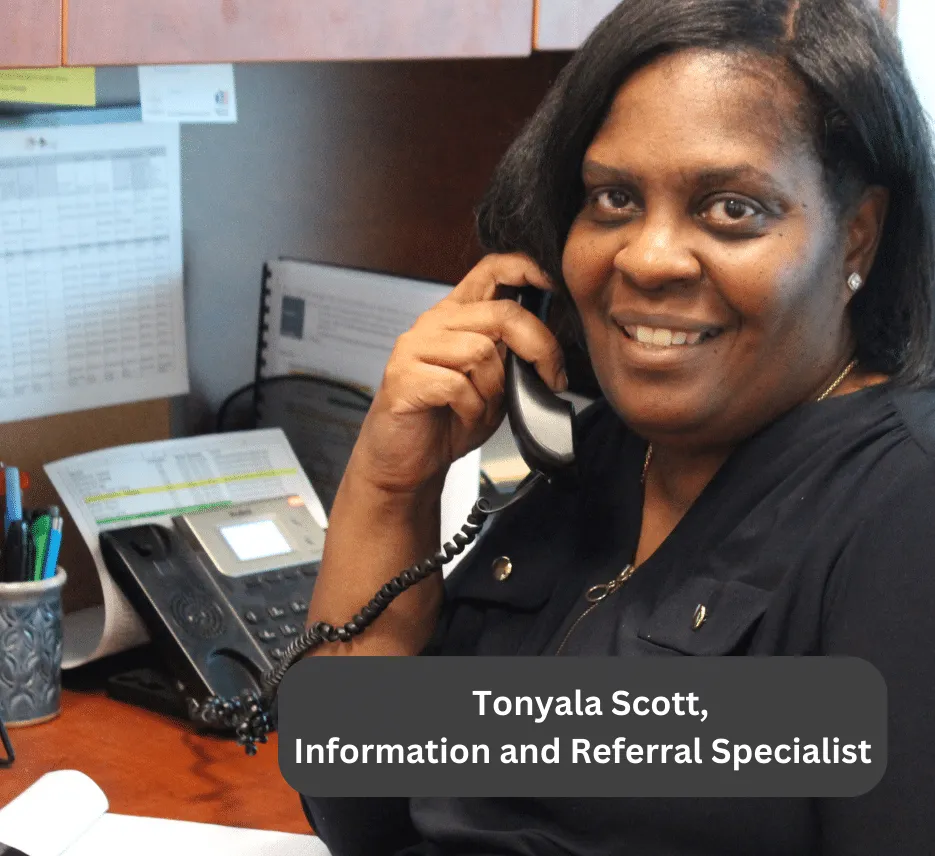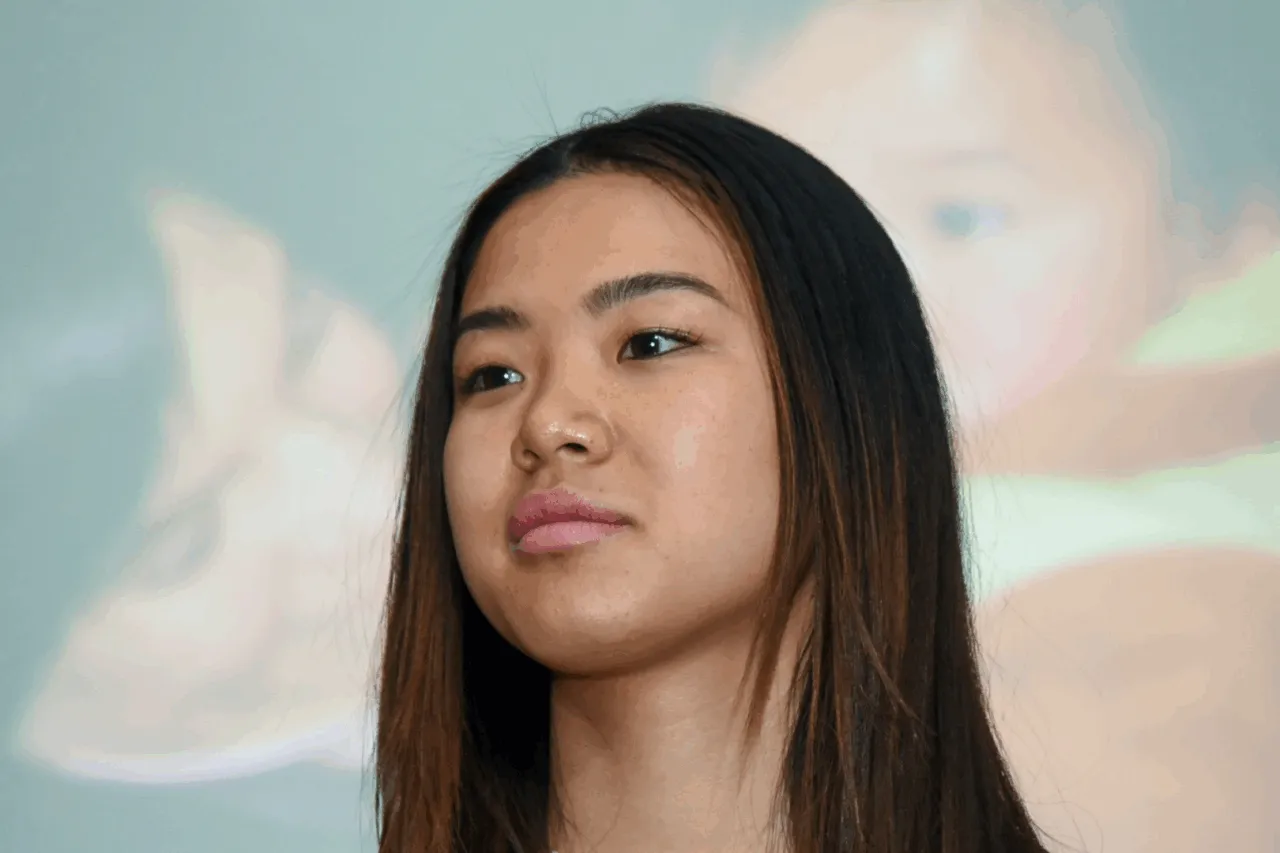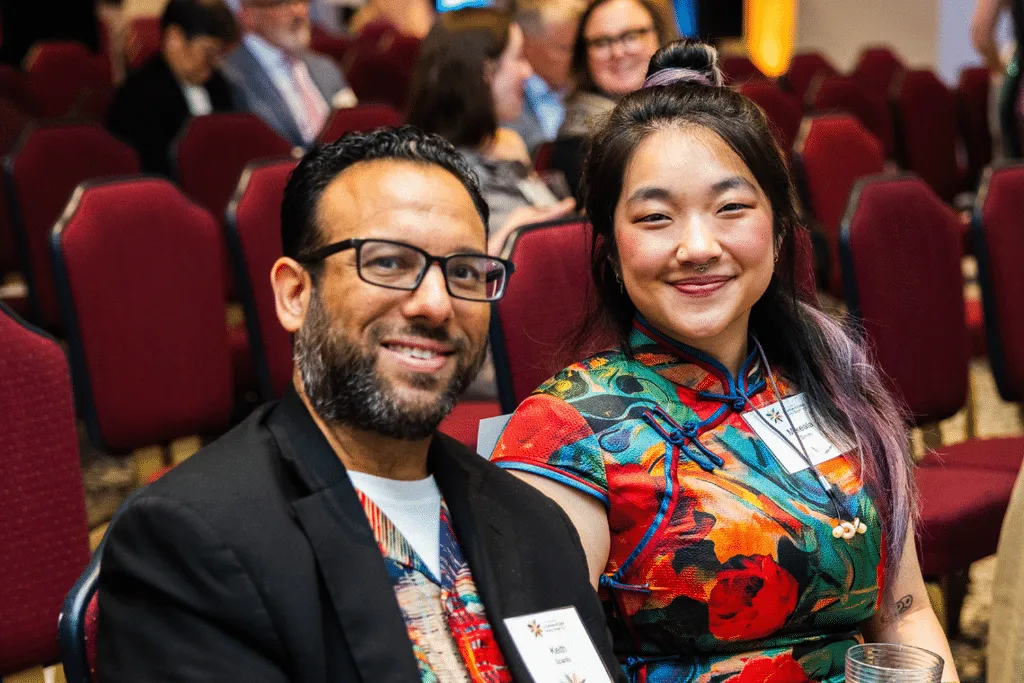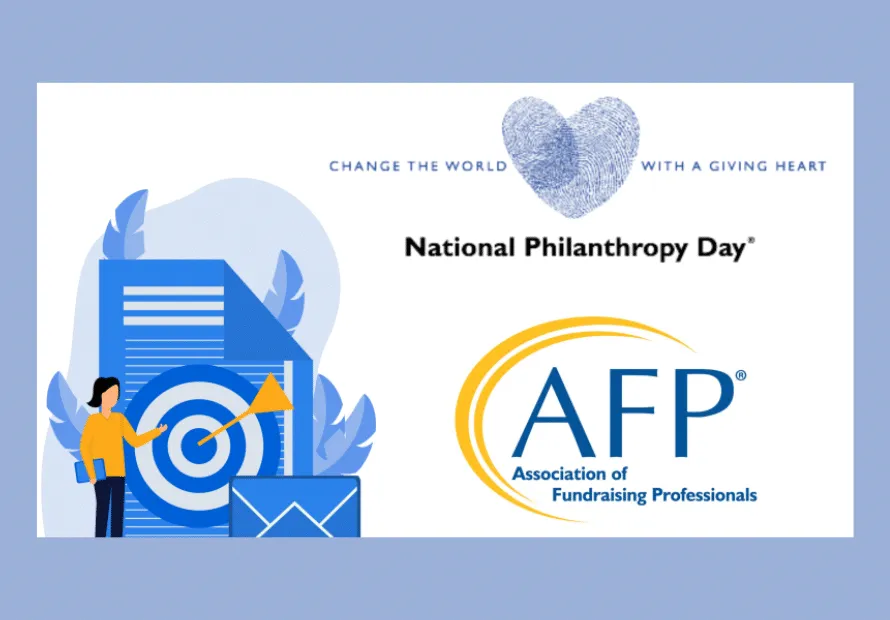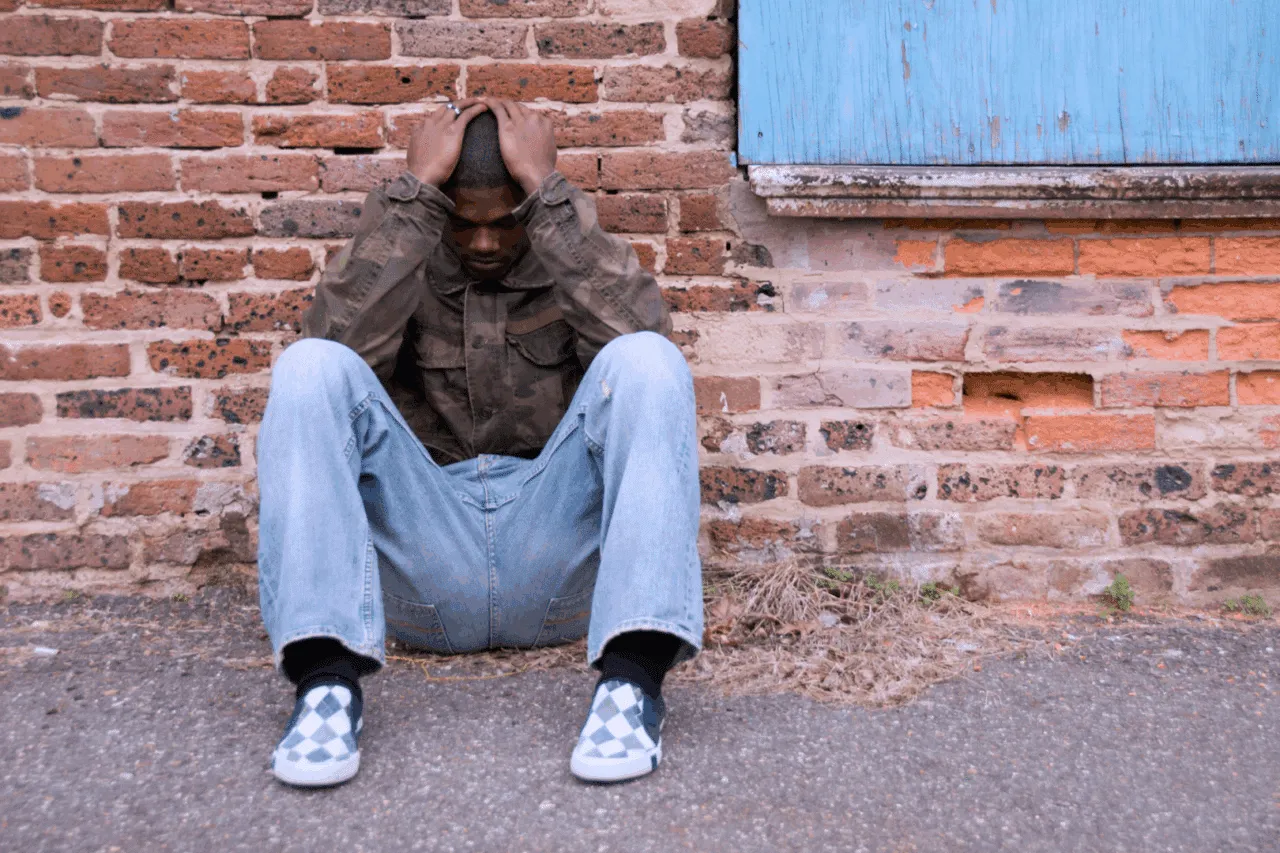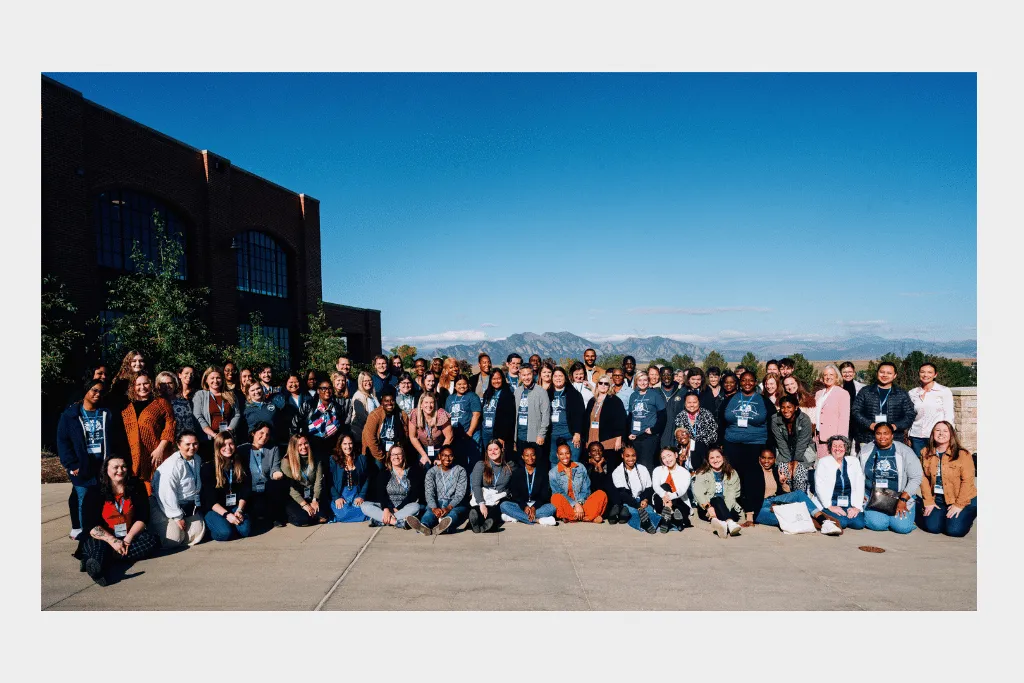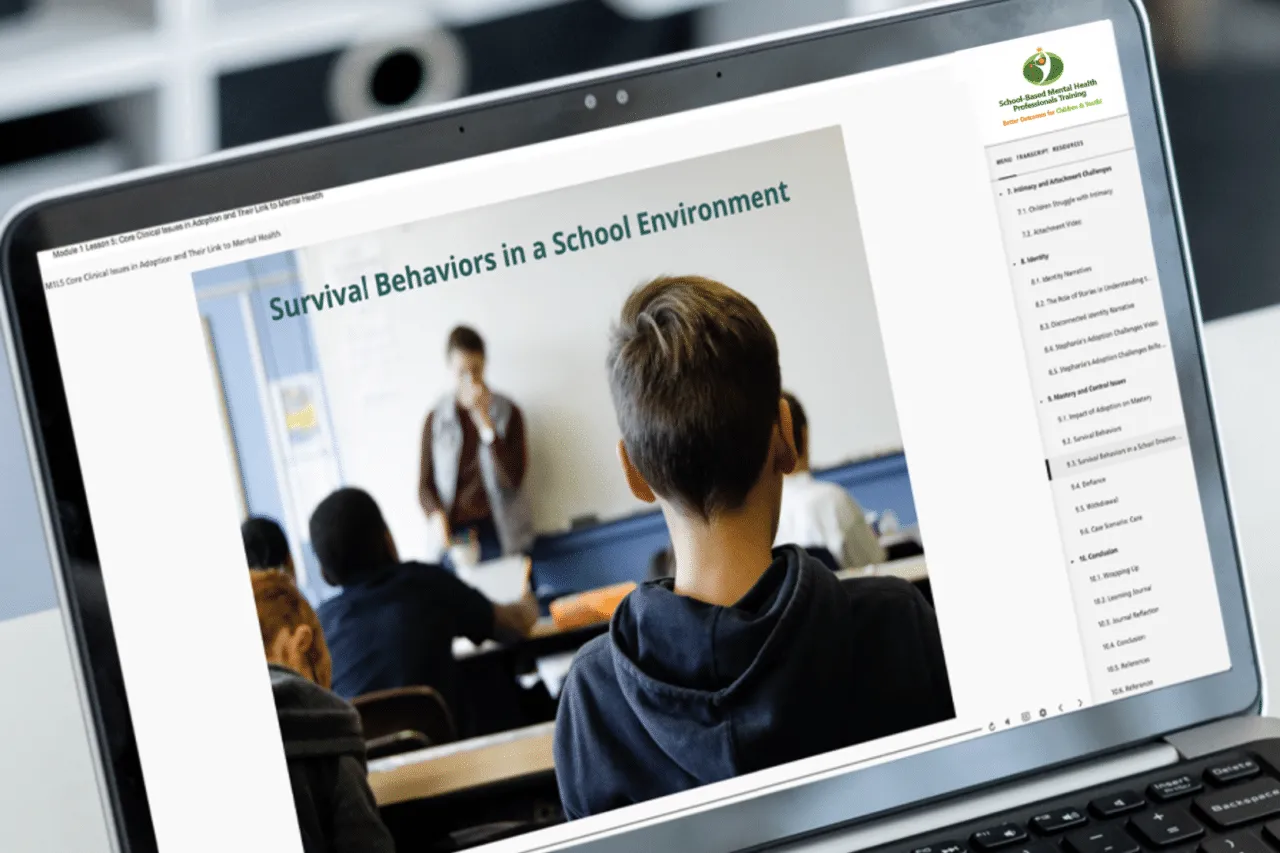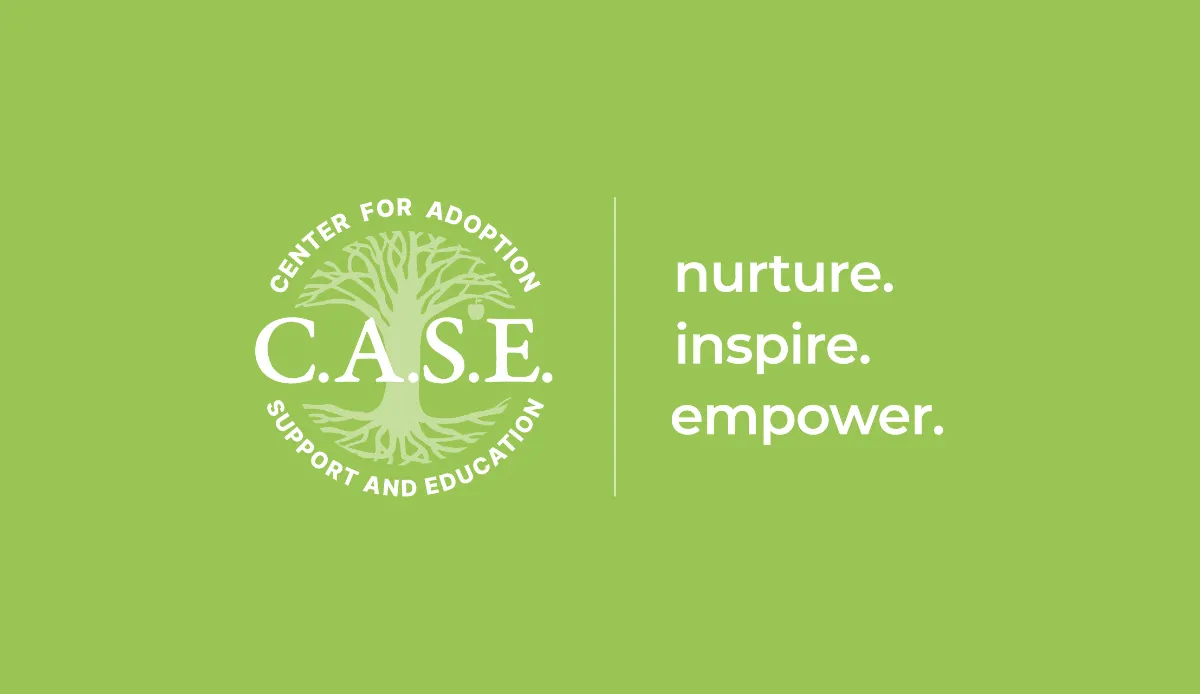The Importance of Philanthropy
The Importance of Philanthropy
The literal meaning of “philanthropy” is “affection for mankind.” Throughout our history, we Americans have displayed this trait through our generous charitable giving and our spirit of neighbor helping neighbor. We help each other, and we reach out to help people all over the world. Our tradition of voluntarism embodies a great deal of caring, initiative, and ingenuity in solving problems and improving our communities. It is one of our greatest strengths as a people.
Celebrating National Philanthropy Day
National Philanthropy Day is celebrated each year on November 15, following a proclamation signed by President Ronald Reagan in 1986. It is a day to recognize and honor the impact of philanthropy – charitable giving – and the countless ways that donors make a positive difference in their communities. It is a day to recognize how businesses, individuals, foundations, nonprofits and communities join together to create lasting change through their generosity and cooperation.

While charitable giving has a long history, a day to honor philanthropy was inspired by Douglas Freeman, a tax attorney in Los Angeles, who proposed the idea in 1980. Freeman made philanthropy an important element of estate planning for his wealthy clients and felt that there should be a formal way to thank these donors for their contributions to society. Freeman proposed the National Philanthropy Day idea to the Reagan administration’s White House office focused on philanthropy and was received positively, with the promise that if Congress passed the proclamation, the President would sign it. It took five years of action, meetings with legislators, lobby groups in all 50 states, and thousands of letters asking for support, but the hard work paid off and President Reagan signed the official proclamation on November 15, 1986. Freeman further commemorated the day by enlisting Marvin Hamlisch to write a song, “Now, More Than Ever,” for the occasion.
The Association of Fundraising Professionals and their 240 chapters across the United States have taken responsibility for National Philanthropy Day celebrations. Every year, communities celebrate by hosting awards luncheons, festivals, dinners, and other events to recognize and honor activities of donors, volunteers, foundations, leaders, corporations, and others engaged in philanthropy.
The Importance of Supporting Nonprofit Organizations through Philanthropy
The history of charitable giving and nonprofit organizations helps us to understand the important role that philanthropy plays in partnering with nonprofits to provide services to our communities. The earliest settlers in America brought with them a tradition of charitable giving to churches and educational institutions, consisting of money, books, art, crops, land, and other gifts of value.
The Charitable Gift Planner website summarizes early charitable giving this way.
Philanthropy was baked into the nation’s character from the start. Freedom to worship as they chose, including freedom from persecution by an official state church, attracted many immigrants to America. Drafters of the Constitution assumed that people would form private churches and synagogues, schools and colleges, craft guilds, libraries, and other voluntary associations independent from the federal government.
In 1788, the Constitution of the United States became the legal foundation for charitable gift planning through three co-equal branches of government: laws affecting charitable giving are enacted by Congress; tax regulations and rulings are issued by the Treasury Department and its Internal Revenue Service (IRS); and judicial review is provided by a federal court system, including the Supreme Court.
Charitable giving was truly altruistic until 1917 when tax deductions for donations to qualifying nonprofits were added to the tax code.
After the Civil War, the Industrial Revolution brought more people to the cities for work, bringing social challenges, poverty, overcrowded housing, and unsafe working conditions. Nonprofit organizations began to emerge to address these conditions, and industrial titans with great wealth felt pressured to help alleviate some of the ills created by the very source of their wealth. Andrew Carnegie played a significant role in creating a climate of responsibility for charitable giving, as he believed that wealth should be used to uplift society. His legacy includes the establishment of free libraries, scientific research, support for education and the arts, and he urged others to contribute to their communities through charitable giving. Many wealthy donors believed in supporting lower-income and vulnerable populations, but not all agreed on who was worthy of that support. This mindset still plays a role in the decisions of charitable donors who hold the power of choosing where they direct their support based on their values. Despite their flaws, the foundations built by industrial titans had a lasting impact on the fields of education, science, public health, social services, and the arts.
The Great Depression and The New Deal shifted the responsibility for supporting social welfare to the federal government, providing relief for middle and low-income families, and changing the role of nonprofit organizations. While many nonprofit organizations continue to provide specialized services that government does not address, many have moved toward missions of social justice and reform, humanitarian crises, and advocacy for specific communities and causes. Philanthropists have many opportunities to support organizations that reflect their values and interests. We are a fortunate country in that a culture of charitable giving has always been a part of our history, and our communities have benefitted from the generosity of our citizens.
The support of philanthropy has remained critical to the success of nonprofit organizations, and the importance of partnerships forged with individual donors, businesses, and foundations cannot be overstated.
C.A.S.E. is No Exception to Philanthropy
C.A.S.E. has been blessed with loyal supporters who have made it possible for us to provide services to the adoption, kinship, and foster families who need our specialized expertise to support their families and improve their lives.
As a proud partner with The Dave Thomas Foundation for Adoption, C.A.S.E. participates in their signature Wendy’s Wonderful Kids program. Two dedicated WWK recruiters focus on a caseload of 25 youth that may be harder to place because of their age, special needs, or sibling status, ensuring they receive the time, resources, and support needed to find permanency. In 2024, our recruiters were able to complete one planned adoption and successfully matched six youth with adoptive families.
Our partnership with Jockey Being Family has enabled 7,158 people to register in 2024 for webinars on timely topics for the adoption, foster, and kinship community. Each month, our “Strengthening Your Family” webinars are offered free to the first 600 registrants, thanks to this incredible support.
Contracts with Maryland Department of Human Services, Montgomery County Department of Health and Human Services, and the Virginia Department of Social Services enable C.A.S.E. to provide needed services to adoptive, foster, and kinship families in those communities.
Supporting C.A.S.E.’s Vision and Mission
The support of individual donors and businesses enhances our ability to provide individual and family therapy, adoption-competent mental health services, parent and professional education, support groups, advocacy, research on best practices, and school-based support. Our 2024 Annual Report provides even more detail about our services and more importantly, our impact toward making permanence and well-being possible for every child and family connected to adoption, foster, and kinship care.
